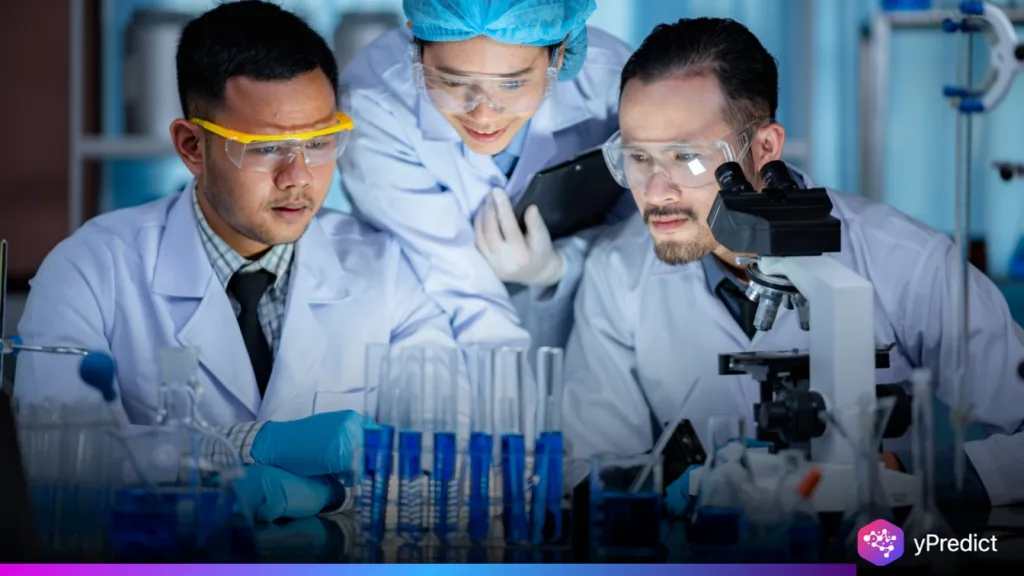
AI is reshaping science. Brian Roemmele’s latest post highlights that autonomous agents are spawning a new type of scientist — the ‘garage researchers’. These are small teams, even people, launching AI to dig info at blazing speed. It’s like providing your garage mechanic with a supercomputer and research lab. The paper Roemmele instead cites assertions that this turn is as important as the discovery of the scientific method.) And with these AI agents building for themselves, what used to be the preserve of giant companies is now available to one person.
From Data Mountains to Discovery
Old science is slow steps–hypothesis, experiment, analysis. But today’s data is too big for people to handle anymore. That’s where AI steps in. Autonomous agents can also wander through data mounds in genomics, climate prediction, or materials science. They’re not even statisticians, they’re philosophers, concocting testable hypotheses and inventing their own methods as they go.) For garage researchers, it’s a game changer. They can now tackle problems once reserved for billion-dollar labs.
Take AlphaFold, for example — it cracked protein folding in months, what scientists had done for decades. Or AI discovering new compounds for better solar cells. The gap between leading-edge labs and garage scientists is getting awfully close. These agents work nonstop, learning from failure, iterating fast, and proposing new questions to explore.
Roemmele’s post even includes a short video of an AI agent learning to solve an equation, progressing from wild guessing to assured correctness. Which is exactly, of course, what happens in real research. Trial and error and correction are mechanized now. The result? Force multiplier for science, garage scientists, side by side with the big institutions of tomorrow.
Garage Researchers: small labs, big impact
There’s more to AI autonomous agents’ power than velocity. In cosmology, they comb telescope data for infrequent cosmic events. In biology, they seek gene interactions that could foreshadow personalized medicine. Each is an incremental step bringing machine intelligence and human intelligence closer together. And garage researchers are at the center of this revolution. They use open data sets, open AI frameworks, and affordable cloud tools to chase ideas that once demanded million-dollar grants.
But it’s also a cultural shift here. Science is more open & distributed. Miniature labs operated by autonomous AI agents are generating genuine breakthroughs. Communities of garage researchers share code, workflows, and data on-chain, where results are transparent and traceable.
Yet not all is smooth. But it can’t capture economic value from generative AI. Many strategies find ways to tail techPS to lab researchersagile beats giant. With AI agents doing the work for them, even minuscule teams can keep up with — or out-run — legacy teams. As Roemmele points out, this is not just new technology, it’s new science. One for a world in which rationality machines and humans co-learn, from corporate research labs to humble garages.
The New Era of Discovery
Roemmele’s post hits a research inflection point. Autonomous AI agents are rescripting who gets to write. For garage researchers, that means an entryway into the computing muscle and smarts formerly protected by huge budgets. It’s sort of like open source, but for science. When an AI agent iterates and discovers and patches its own bugs, it’s not offshoring researchers–it’s collaborating with them. The lab vs. garage line gets blurry really fast. The next major discovery? And it might not even be college. Or maybe a garage researcher with an AI co-researcher sidekick.






